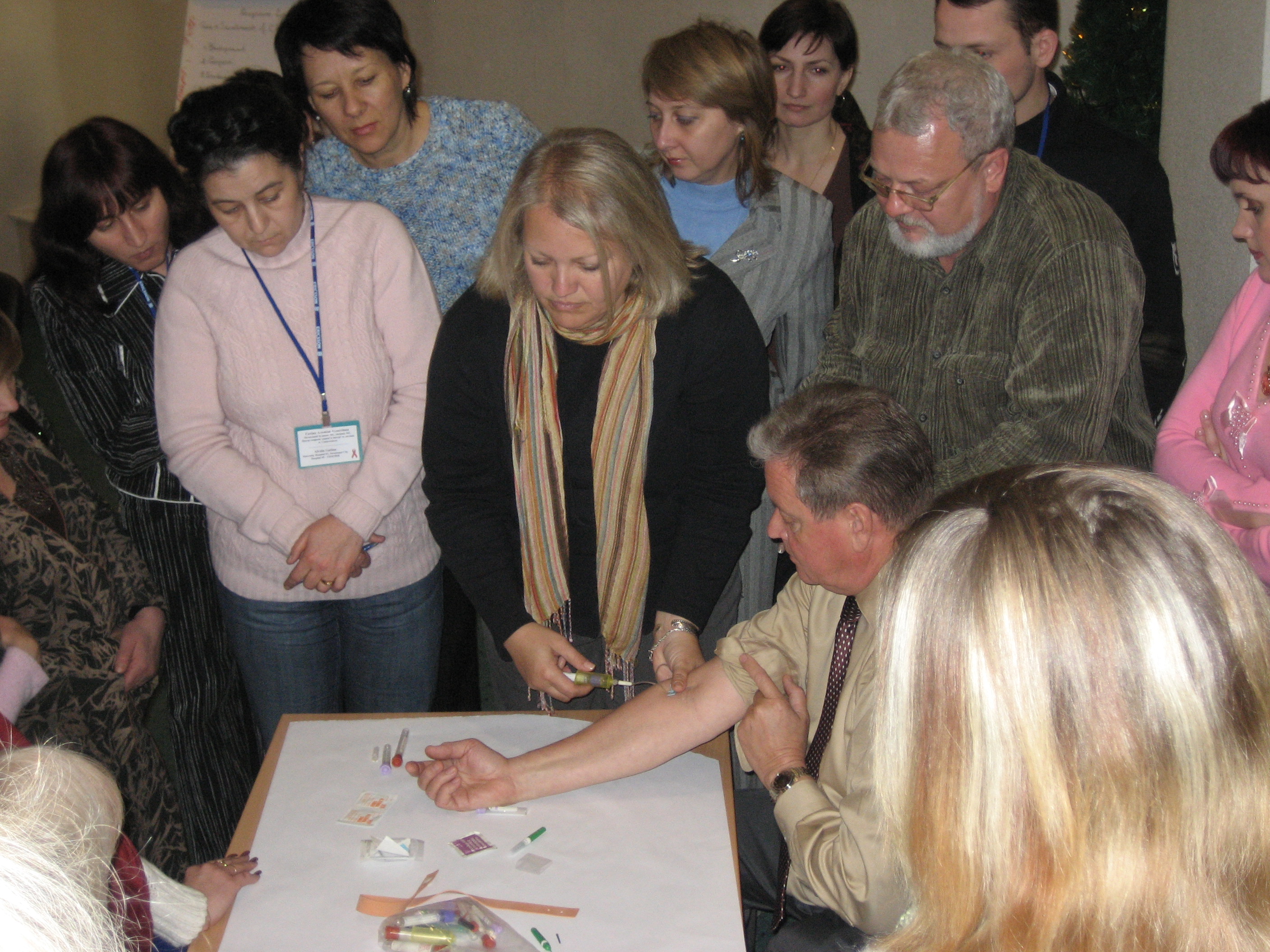Through the administration and management of the Positive Children Project in Ukraine (PCPU), the Canadian Society of International Health sought to improve the standard of care, treatment and management of HIV positive children and to provide support to their families and caregivers through programs, services, care and treatment.
Following the collapse of the Soviet Union, Ukraine, like other former Soviet States, faced a range of socio-economic challenges. Among the most critical of these challenges is the growing HIV/AIDS epidemic, which has been steadily increasing since 1999. In August 2004, the Ukrainian AIDS Centre reported that the total number of officially registered people living with HIV and AIDS in Ukraine had reached 68,000.
In 2004, more than 7,000 Ukrainian children, under 15 years of age, were living with HIV and AIDS.11% of children born to HIV-positive mothers were abandoned; one of five HIV-positive children was left by their parents and stays in state institutions or in medical in-patient services. Furthermore, 70% of the families with HIV positive children were considered to be “socially disadvantaged,” not having their basic needs met, including food and shelter. In 2005 Ukraine had no special care institutions and no effective system of training that would help professionals render the needed psycho-social support to the highly vulnerable group of HIV-positive children.
To improve the standard care, treatment and management of HIV positive children and provide support to their families and caregivers through programs, services and care treatment policies.
CSIH worked with a team of local and international consultants to apply a developmental and analytical approach towards strengthening the treatment and care of HIV positive children through capacity-building programs, services and care treatment policies.
The project resulted in the opening and setup of operations of a Daycare Room for daytime stay of HIV positive children and children affected by HIV/AIDS epidemics with the purpose of providing information, consultative, social and educational services to HIV positive children, their parents and caretakers; 36 children affected by HIV/AIDS, their parents and caretakers became clients .Furthermore, 26 specialists attended a workshop on “Social and Psychological Counselling for HIV positive Children and Members of their Families.”
Multi-disciplinary demonstration projects ensured that participants learn to work as a team to conduct appropriate clinical trials, understand human rights and ethical issues, provide appropriate integrative care, collect data, conduct data analysis and use evidence to guide practice guidelines. NGO participants should be integrated wherever possible, and the patients (or their caregivers) should be involved in decisions regarding treatment plans. Resistance to this multi-disciplinary team approach was minimal once participants were able to see the benefits in terms of improved health and well-being of HIV positive children and/or their families. The benefits of engaging the families in the treatment decisions were also evident.

